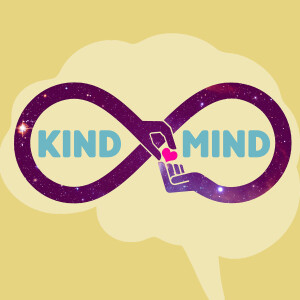
Even with all the comfort that advances in technology have bestowed, it does not seem that people, in general, have time to relax and fully connect. Communication breakthroughs have been achieved with a double-edged sword. With so much of our lives uploaded to the internet and our brains downloaded to the external hard drives of smart phones, the demands and work and hustle and distractions never end resulting in a trance of busyness.
Hence, loneliness in America and throughout much of the world has risen to epidemic proportions.
A national survey by Cigna Health revealed that more than half of Americans feel lonely and researchers have found loneliness to be the equivalent of smoking 15 cigarettes per day and worse than obesity, in terms of health risk and premature death.
Though we may go on increasing our contacts - studies show that with each passing decade, the average number of close friends that one could count on in crisis continues to decline.
Which age group is the most lonely? The elderly of World-War Eras? Baby-boomers? Millennials? Though they all suffer high levels of loneliness among their respective age segments, the answer is Generation Z.
This is the most alarming statistic and means that children are growing up in a new paradigm of psycho-social distance and mental health risk. Young people report that though they may be surrounded by others, no one knows them very well. What we are lacking is depth of connection and hopefully mindfulness, meditation and a modern path to spiritual fellowship can become the next public health revolution.
"I would rather have 2 half-dollars than 100 pennies." -a smart kid
More Episodes
 2020-03-28
2020-03-28
 2020-03-20
2020-03-20
 2020-02-10
2020-02-10
 2020-01-19
2020-01-19
 2019-12-25
2019-12-25
 2019-11-29
2019-11-29
 2019-11-02
2019-11-02
 2019-10-20
2019-10-20
 2019-08-12
2019-08-12
 2019-07-27
2019-07-27
 2019-07-01
2019-07-01
 2019-06-15
2019-06-15
 2019-05-28
2019-05-28
 2019-05-12
2019-05-12
 2019-04-21
2019-04-21
 2019-02-18
2019-02-18
 2019-01-21
2019-01-21
 2018-12-22
2018-12-22
Create your
podcast in
minutes
- Full-featured podcast site
- Unlimited storage and bandwidth
- Comprehensive podcast stats
- Distribute to Apple Podcasts, Spotify, and more
- Make money with your podcast
It is Free
- Privacy Policy
- Cookie Policy
- Terms of Use
- Consent Preferences
- Copyright © 2015-2024 Podbean.com





